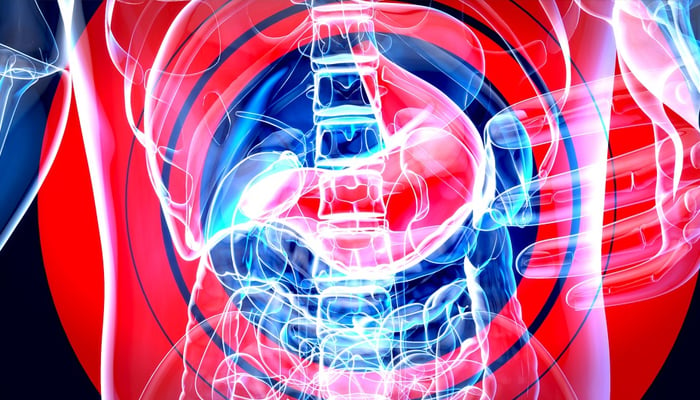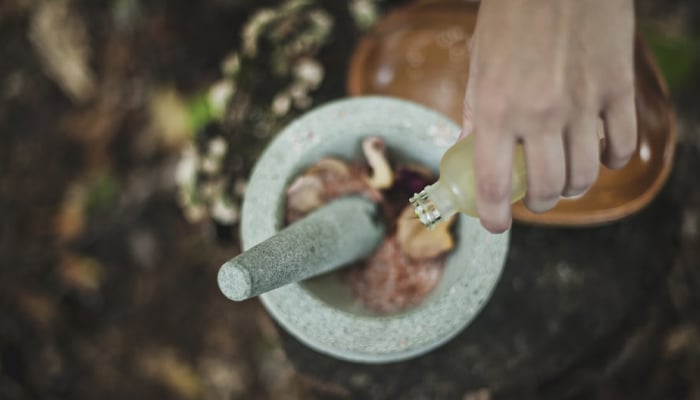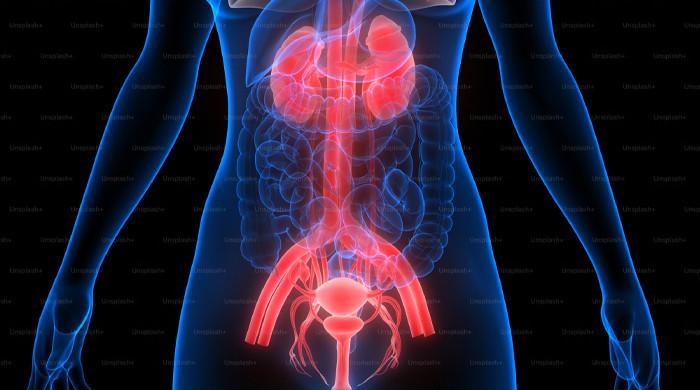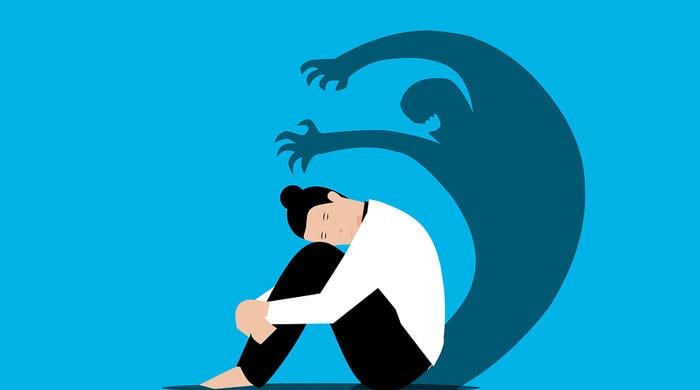6 easy remedies to cure constipation at the comfort of your home
This is an introduction to understanding what is constipation and how to cure it naturally
May 05, 2024

A brief overview of constipation:
Constipation is basically when an individual experiences difficulty in passing out stools from their body due to infrequent bowel movements.
According to the National Institute of Diabetes and Digestive and Kidney Diseases, 16 out of 100 suffer constipation symptoms.
It is characterized by various factors such as inadequate fiber intake via diet, dehydration, lack of physical activity, or certain medications.
Symptoms for constipation include bloating, irritability, abdominal discomfort, and strenuous or even painful bowel movements.
However, as common constipation is, it is as easy to overcome the ailment at the comfort of your home, with almost no medications involved.
Natural Remedies for Constipation:
Constipation can easily be cured with natural remedies and changing simple eating habits.
1. Increase fiber consumption:

Fiber is one of the seven essential components to consume via diet as it assists the digestive system with bowel movements.
Consuming fiber-rich foods such as fruits, vegetables, whole grains, and legumes and even consume psyllium husk to help soften stools and regular bowel movements.
2. Hydration is key:
Anyone can avoid constipation by drinking plenty of water throughout the day. This aids in keeping stools soft, facilitating their easy passage through the digestive tract and out of the body.
3. Exercise regularly:

Alongside promoting overall physical well-being, engaging in physical activity and exercise stimulates smoother bowel movements and maintains overall digestive health.
4. Prune Juice:
Prune juice can help alleviate constipation due to its high fiber and sorbitol content, hence serving as a natural and effective laxative.
5. Probiotics:
Consuming foods rich in probiotics, such as yogurt can help maintain a healthy balance of gut bacteria, improve digestion as well as bowel movements.
6. Herbal Remedies:

Some herbs like senna, cascara sagrada, and aloe vera have laxative properties and can be used to relieve constipation however, the herbs are to be administered with prior guidance.
Maintaining a healthy lifestyle by consuming a proper diet and drinking plenty of water can provide relief from constipation and maintain an individual’s digestive health.
However, if constipation persists or is accompanied by severe symptoms, such as extreme cramps, pain or blood in the stool, it is important to consult a healthcare professional for diagnosis and appropriate treatment.











